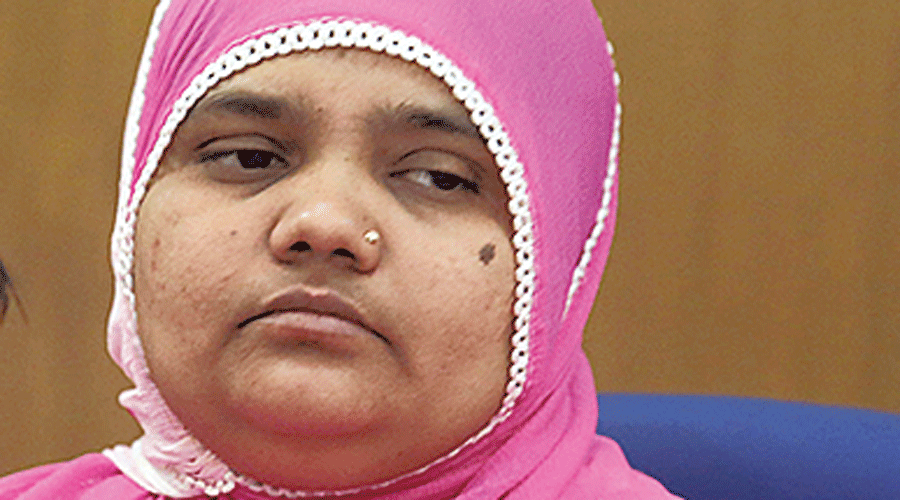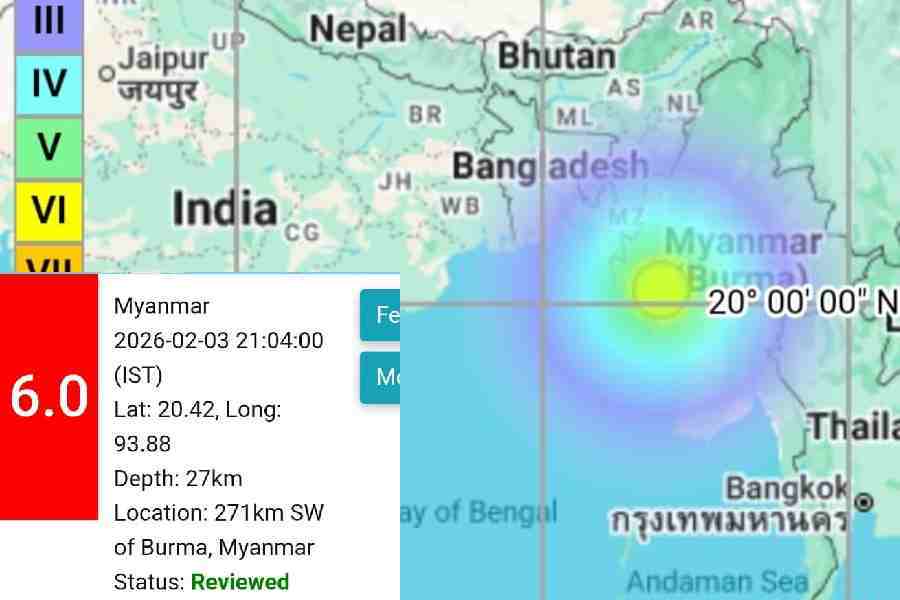This year’s Independence Day witnessed an unusual freedom. Eleven rapists and murderers, given life terms for the gang rape of Bilkis Bano and the murder of seven of her family members including her three-year-old daughter during the Gujarat violence of 2002, were granted remission from their sentences. Although the Supreme Court had asked the Gujarat government to look into the possible remission of the sentence for one of the convicts who had filed an application after spending, with the others, 15 years in jail, the other 10 were also released by the decision of a government committee. Remission of sentence on a national occasion is not exceptional. But the Centre had decided that such releases for the 75th anniversary of Independence would not include rapists and murderers. That was in line with the prime minister’s Independence Day speech, in which he mentioned the need to preserve women’s dignity. It is remarkable that Gujarat completely overturned the Centre’s policy. The distance between words and action had been growing wider for a while — eight years? — and this was just one of its more striking examples.
The release of the convicts was celebrated openly, while Ms Bano and her family still live in fear. Both tragic and sinister, this situation represented the spirit informing the committee’s decision. Are prisons lightening their load of rapists in order to make more space for dissidents and protesters who can be incarcerated indefinitely without bail and without trial? But the central issue here is the policy of remission. The principles behind the traditional practice allow for ambiguity. Should a convicted rapist or murderer given a life term have his sentence remitted just because he has served 14 years? That is the minimum period an offender must serve before a state government decides if he fulfils the conditions that would permit remission. The question is whether remission should depend on these conditions, including incarceration for 14 years, or on the severity or heinousness of the crime. It is a question about justice itself. Whom does justice serve? Why are state governments, which are at base political, empowered to free or restrain offenders by ticking boxes? The issue of remission certainly requires scrutiny, although that does not excuse the Gujarat government’s decision to free those convicted of gang rape and multiple murders.










